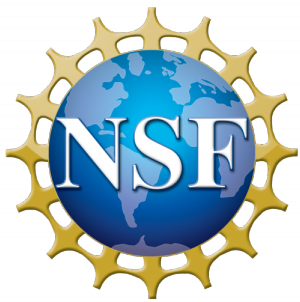April 26th, 2019 | RESEARCH
Identifying causal relationships is an important aspect of research and evaluation in visitor studies, such as making claims about the learning outcomes of a program or exhibit. Experimental and quasi-experimental approaches are powerful tools for addressing these causal questions. However, these designs are arguably underutilized in visitor studies. In this article, we offer examples of the use of experimental and quasi-experimental designs in science museums to aide investigators interested in expanding their methods toolkit and increasing their ability to make strong causal claims about programmatic experiences or relationships among variables. Using three designs from recent research (fully randomized experiment, post-test only quasi- experimental design with comparison condition, and post-test with independent pre-test design), we discuss challenges and trade-offs related to feasibility, participant experience, alignment with research questions, and internal and external validity. We end the article with broader reflections on the role of experimental and quasi-experimental designs in visitor studies.
Document
PattisonEtAl2019_ExpDesign_VS_PrePub.pdf
Team Members
Josh Gutwill, Author, ExploratoriumRyan Auster, Author, Museum of Science, Boston
Mac Cannady, Author, Laurence Hall of Science
Scott Pattison, Author, TERC
Citation
Identifier Type: doi
Identifier: 10.1080/10645578.2019.1605235
Publication: Visitor Studies
Volume: 22
Number: 1
Page(s): 43-66
Funders
Funding Source: NSF
Funding Program: AISL
Award Number: 1321666
Award Number: 0411826Funding Source: IMLS
Award Number: MG-10-13-0021-13
Related URLs
Researching the Value of Educator Actions for Learning (REVEAL)
Facilitating Group Scientific Inquiry Using Science Museum Exhibits
Tags
Audience: Evaluators | Families | Learning Researchers | Museum | ISE Professionals
Discipline: Education and learning science | Mathematics
Resource Type: Peer-reviewed article | Research Products
Environment Type: Exhibitions | Museum and Science Center Exhibits

